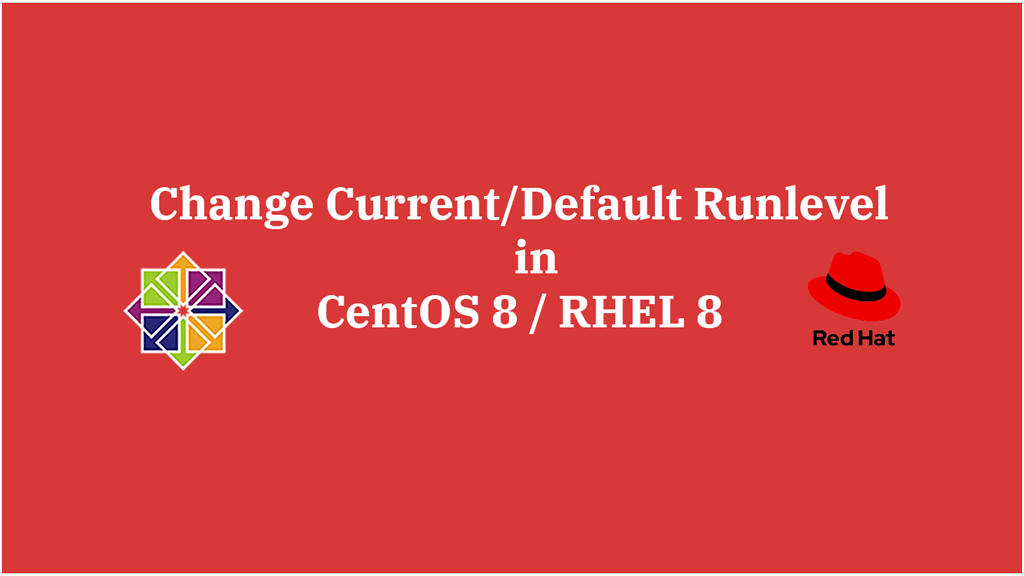

You can download a tarball and build from source, or use a 3rd-party repository such as the IUS Community Project to obtain a more recent version of git. However, each version of the platform normally 'snapshots' a specific version of PostgreSQL that is then supported throughout the lifetime of this platform. PostgreSQL is available on these platforms by default. RHEL and derivatives typically ship older versions of git. CentOS (7 and 6 only) Fedora Oracle Linux and others. Gentoo # emerge -ask -verbose dev-vcs/git Arch Linux # pacman -S git openSUSE # zypper install git Mageia # urpmi git Nix/NixOS # nix-env -i git FreeBSD # pkg install git Solaris 9/10/11 ( OpenCSW) # pkgutil -i git Solaris 11 Express # pkg install developer/versioning/git OpenBSD # pkg_add git Alpine $ apk add git Red Hat Enterprise Linux, Oracle Linux, CentOS, Scientific Linux, et al. If you prefer to build fromįor the latest stable version for your release of Debian/Ubuntu # apt-get install gitįor Ubuntu, this PPA provides the latest stable upstream Git version # add-apt-repository ppa:git-core/ppa # apt update apt install git Fedora # yum install git (up to Fedora 21) Releases are published in a time based fashion, every 6 months, following a planned schedule.It is easiest to install Git on Linux using the preferred package See the release notes for specific details. Flavors generally support their packages for 3 years in LTS releases but there are exceptions. Packages in main and restricted are supported for 5 years in long term support (LTS) releases. Regular releases are supported for 9 months. The content of these old releases can be accessed at the old Ubuntu releases directory. Release announcements are posted on the ubuntu-announce mailing list.


 0 kommentar(er)
0 kommentar(er)
